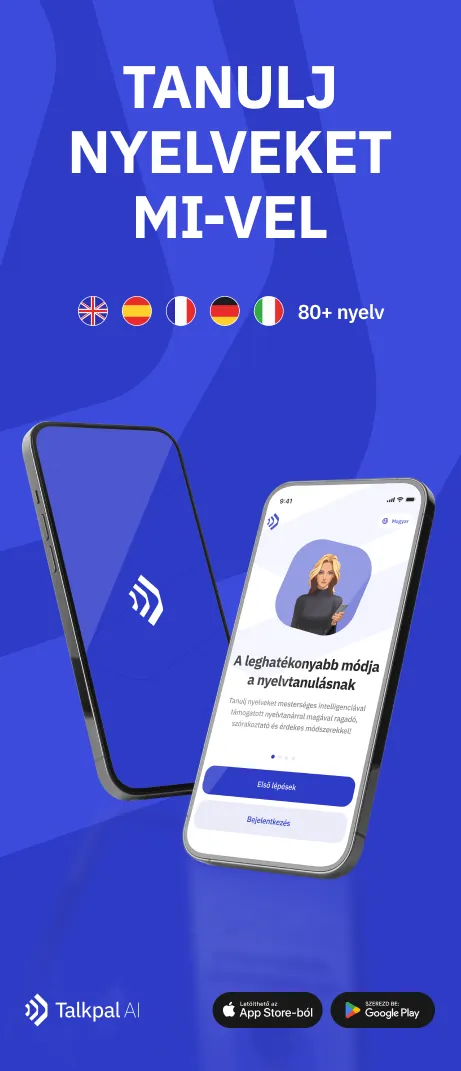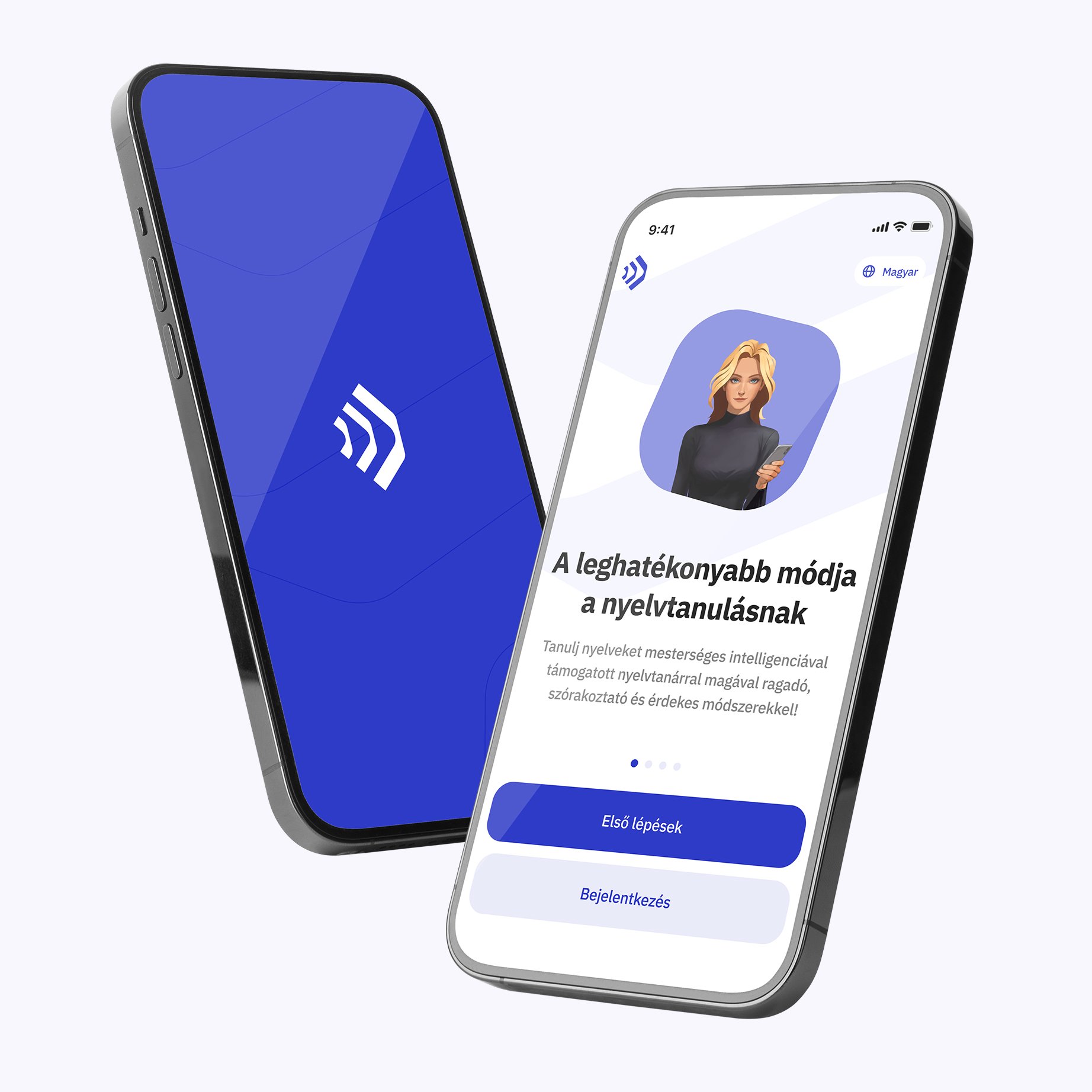Második feltételes gyakorlat 1
2. If she *knew* his phone number, she would call him. (A ‘know’ ige múlt idejű alakja kell.)
3. If we *were* rich, we would buy a big house. (A ‘be’ ige múlt idejű alakja személytől függően ‘were’ vagy ‘was’, itt ‘were’ a helyes.)
4. If he *studied* harder, he would pass the exam. (A ‘study’ múlt idejű alakja szükséges.)
5. If they *lived* in London, they would speak English every day. (A ‘live’ ige múlt idejű alakja kell.)
6. If you *helped* me, I would finish faster. (A ‘help’ múlt idejű alakja szükséges.)
7. If it *rained* tomorrow, we would stay at home. (A ‘rain’ múlt idejű alakja kell a feltételes mondatban.)
8. If I *were* you, I would take the job. (A ‘be’ ige ‘were’ alakja személyre vonatkozóan a feltételesben.)
9. If she *spoke* French, she would work in Paris. (A ‘speak’ múlt idejű alakja szükséges.)
10. If we *had* a car, we would drive to the beach. (A ‘have’ múlt idejű alakja kell a feltételes mondatban.)
Második feltételes gyakorlat 2
2. If you *listened* to me, you would understand the problem. (A ‘listen’ múlt idejű alakja szükséges.)
3. If he *didn’t smoke*, he would feel better. (A tagadó alak múlt idejű formában kell.)
4. If we *went* to the party, we would have fun. (A ‘go’ múlt idejű alakja szükséges.)
5. If they *played* football, they would be fitter. (A ‘play’ múlt idejű alakja kell.)
6. If she *were* more careful, she wouldn’t make mistakes. (A ‘be’ ige ‘were’ alakja a feltételesben.)
7. If I *knew* the answer, I would tell you. (A ‘know’ múlt idejű alakja szükséges.)
8. If you *worked* harder, you would get better results. (A ‘work’ múlt idejű alakja kell.)
9. If it *snowed* tomorrow, we would build a snowman. (A ‘snow’ múlt idejű alakja szükséges.)
10. If he *were* here, he would help us. (A ‘be’ ige múlt idejű alakja, személytől függően ‘were’.)










